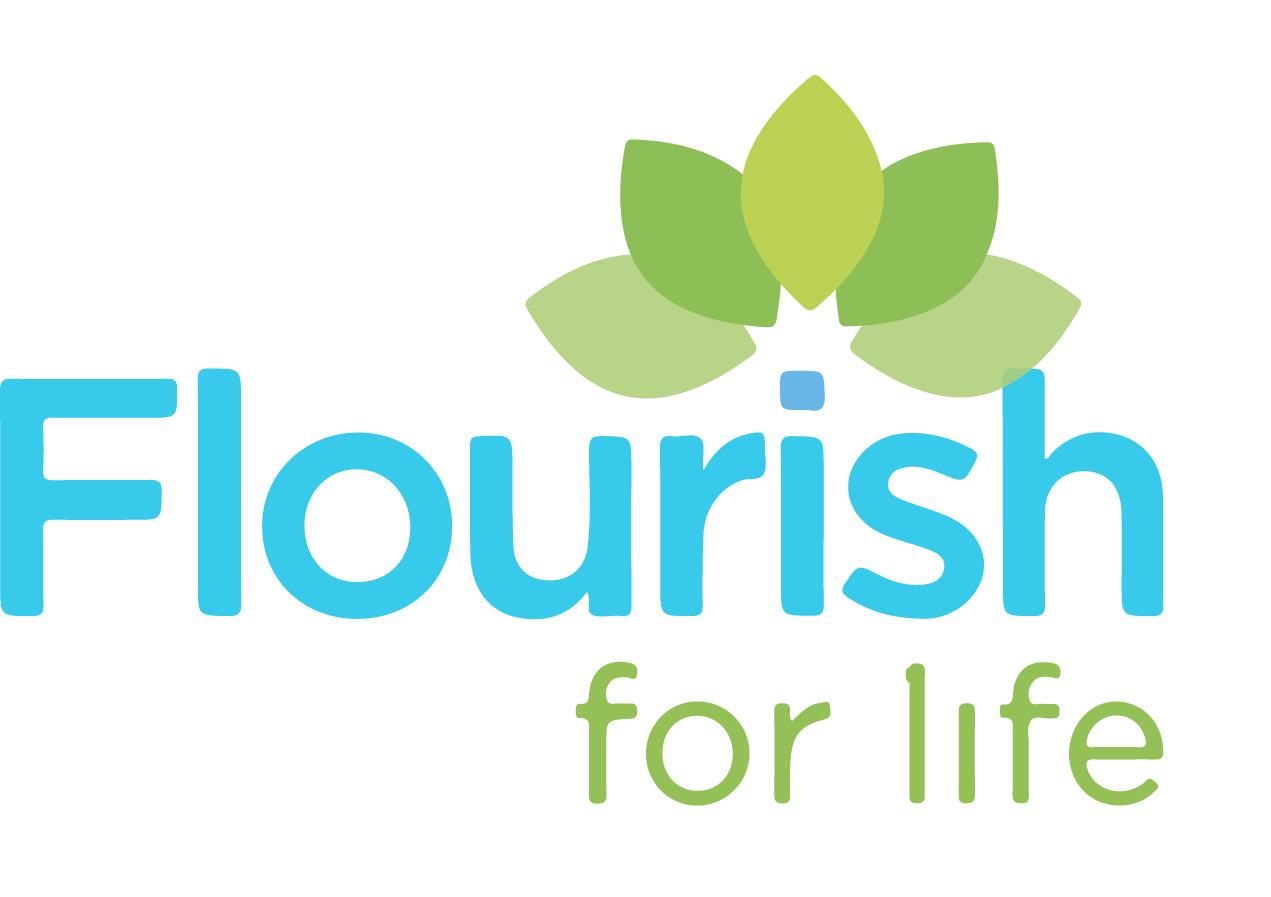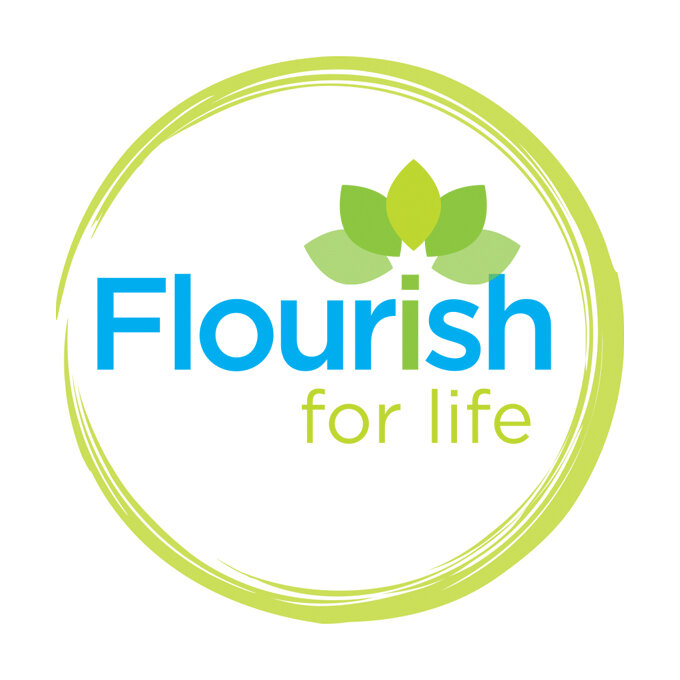
Chronic pain changes lives.
It can impact on all aspects of daily life.
There are more than 8 million people in the UK living with long-term pain.
Chronic pain can stem from a various number of conditions, and lasts more than 3 months. Usually, ‘invisible’ illnesses cause the pain, from back pain and headaches, to osteoarthritis.
Chronic pain can be thought of as the brain having sent the pain system into over-protective mode, and doing too good of a job!
At Flourish For Life, we provide patients with the most effective method for treating chronic pain.
Our treatment plans are developed for each individual patient, helping them live more comfortably and productively.
Management of chronic pain often requires lifestyle changes for long lasting effect. By making a plan with all the aspects of Lifestyle Medicine and a pacing programme with activity, you will work towards goals of getting better control of your pain.
Your Lifestyle Pain Management plan will be about practical things you can do.
How we help at Flourish…
A thorough Assessment: not just to know where your pain is but how it affects your life and emotions.
We will then set a lifestyle prescription to look at a plan of: activity, diet and understanding why we feel the emotions involved with suffering long term pain, stress and sleep patterns.
We will monitor and support you in the journey.
The principles are:
To minimise the interference of pain on your lifestyle.
Help people understand their pain and their symptoms.
Provide strategies and skills that will allow them to cope and function.
Provide realistic exercise goals.
Reduce dependency on medication.
Lifestyle Pillars and the effect on Chronic Pain.

Chronic pain requires lifestyle changes.
Flourish is here to help you with exactly that.
This is our recommended sleep schedule:
Try to get up and go to sleep at the same every day.
Keep your bedroom at a comfortable temperature.
Create a comfortable bedroom that is quiet and dark to help you fall asleep and stay asleep.
Your bedroom is for sleeping in, so be sure to keep technology and food or drink out. This helps your body and mind understand that it is rest time when you go to your bedroom.
If you can, don’t exercise, eat big meals, or work, before bedtime.
Reduce or avoid your caffeinated beverage intake throughout the day.
Don’t drink alcohol or smoke in the evenings.
Try to be as active as you can throughout the day, even if it’s just pottering around the garden.
Don’t nap for longer than 20mins, and do so before 3pm, otherwise you’ll throw off your sleep schedule.
Chronic Pain and Sleep…
Pain can greatly impact how and when we are able to sleep and, while it may be hard to stick to a sleep schedule, it’s one of many things that you can do to help ensure you have a good restful night of sleep.
Lifestyle interventions are "surprisingly more effective than most people think.”
These are our recommended actions:
Breathing Techniques
Mindfulness
Yoga
Meditation
Tai Chi
Stress Management
The thought of reducing or managing your stress levels can be stressful in itself! But, by giving yourself time to just be quiet, calm, and reflective, you are giving your body permission to relax.
You do not need to dive right into a hard core routine. In fact, starting at a lower level, you’ll find a bit of pain or soreness, but won’t be at risk of damaging any bodily tissue or further hurting yourself.
We don’t want you to push yourself, so start out slow by going for a 30 minute walk, a gentle swim, or even a beginner’s yoga session.
Learn to listen to your body though and don’t push it to point of pain. The key to exercising well for someone with chronic pain is to start gradually and increase over time.
Our main advice is to avoid a sedentary lifestyle. Everyday activities such as carrying shopping and doing some gentle gardening can help keep you mobile and strengthen muscles.
It is important to find the balance between exercising to improve your health and pushing yourself too much.
Chronic Pain and Exercise
Exercise is not just good for your physical health, but it's also a great way to help manage anxiety and chronic pain.
Having a well-balanced diet does not mean going on a diet; it means creating a lifestyle change.
Don’t forget that it is totally okay to eat a variety of food… variety is the spice of life, after all. Our Nutritionist Jules can help.
Chronic Pain and Diet
A good, balanced diet is a key contributor to health in any circumstance, but especially for people with osteoarthritis and Chronic Pain.
Click to download the below information posters:

Plus Occupational Health and assessment and reporting for employees who have a more complex or long-term problems. Constructive guidance on return to work capabilities.
Our services include:
DSE Work place assessments
Return to work assessments
Healthy Heart, Mind and Body Screening
We offer a clinical excellence, value for money, outcome focused service.
Contact us today!
Use the contact form to the right and we will get in touch with you to discuss and arrange a consultation.
Alternatively, please call Flourish on:







